Islamic Concept of God
The concept of God in Islam is described concisely in one of the short chapters of the Qur'an: "Say: He is God, the One (and only); God, the Eternal, Absolute; He begets not, nor is He begotten; And there is none like unto Him." (Qur'an, 112/1-4). In this verse the Qur'an gives a very clear idea of God. At the same time it tells us what God is and what He isn't.
The central concept in Islam is the absolute unity of God. No other entity, human or non-human, has any share in God's Lordship, Attributes or Divinity. He alone has created and governs the universe; to Him belongs all attributes of perfection; and to Him should all devotion and worship be offered. God in Islam is both transcendent and personal. He is transcendent because in His essence He is not like anything in his creation. We cannot know God's essence as he is beyond human comprehension. In this respect the Prophet Muhammad gave us a rule of thumb, saying that "whatever mental picture you have for God, God isn't that". God has no gender. He is neither male nor female. The pronoun "He" is sometimes used because the word "it" does not exist in Arabic.
Even though transcendent, God in Islam is not distant or unconcerned with human life. He is nearer to us than our own jugular vein (Qur'an, 50:16). He is also a personal God because we can get to know His attributes by reflecting on His works in the universe. In Islam, God has many names, including a list of 99 names. This list includes such names as All-Merciful, Most Compassionate, The Mighty, All-Knowing, The Loving, The Caring, The Living, The Bringer of Peace, The Avenger of Evil, The Generous, and so on. Through these names we get a feel for God and see His presence in everyday life, in nature and the universe. Therefore, we no longer need to concern ourselves with what God may look like as we can relate to Him by His observable actions and therefore appreciate His qualities. For example, by reflecting on the balance and equilibrium in the universe and life on earth and how this is maintained without human control, we can conclude that God exists and that He is The-Just. Since God has given us freedom of choice, He asks us to establish justice in the human domain. Since from time to time humans transgress justice, after death they will be called to give account in a Supreme Tribunal where justice will be fulfilled.
Islam came to end idol worship and the association of partners with the one true God. In Islam it is a major sin to worship a person, statue or any other thing except the Creator, God Almighty. The only divinity worshiped in Islam is God, Who is not a person and does not have limitations as do human images. No matter how holy a person is, he or she cannot be prayed to or worshiped because these acts of devotion should only be offered to God and without the need of any intermediaries.
The assumptions in the question may come from the use of the word "Allah". If people do not know the meaning of this word they may think that Muslims believe in a person called Allah. The word for "God" in Arabic is "Allah". Since the Qur'an was originally revealed in Arabic, the name "Allah" was used to mean "the God". Christian Arabs as well as Muslims call God "Allah" in their Scriptures. On the other hand, the word "Allah" is special in that it does not have plural forms (like "gods" in English) or female or male connotations (e.g. "goddess") or miniature connotations (e.g. "demigod"). In this respect, Muslims consider the word "Allah" as the most appropriate name for God.
Moreover, Muslims do not worship the Prophet Muhammad in any way. He is not considered to be divine. He is a human being just like us, but with the important role of being a revelation-bearing Prophet to guide Muslims and humanity.
Auburn Gallipoli Mosque
A vibrant hub for worship and connection.
Tel: +61 2 9646 5972
Email: info@gallipolimosque.org.au
© 2024. All rights reserved.


